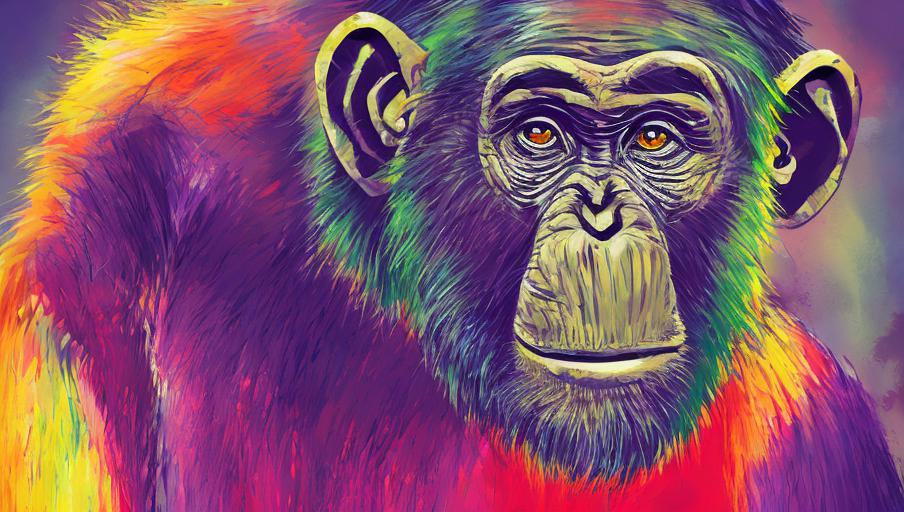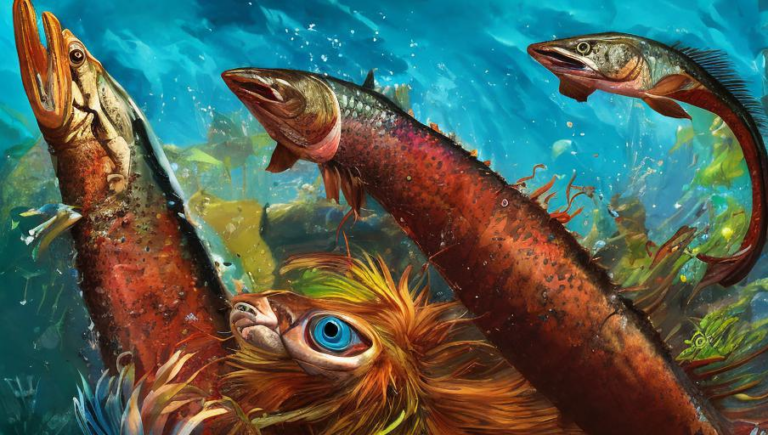Keeping Chimpanzees Safe in the Wild

Introduction
Chimpanzees are one of the most iconic and beloved primates in the world. They have been delighting and inspiring people for centuries and have become a symbol of the beauty of nature. Unfortunately, chimpanzees are also an endangered species and are facing serious threats to their survival in the wild. This article will explore some of the key issues facing chimpanzees in the wild and how we can help to protect them.
Habitat Loss and Degradation
One of the biggest threats to chimpanzee populations is the destruction of their natural habitats. The vast majority of chimpanzees live in Central and West African rainforests, which are being cleared for logging, agricultural expansion, and other human activities. This habitat loss and degradation have serious consequences for the chimpanzees, as they need large areas of forest to survive and thrive. Additionally, habitat fragmentation can lead to populations of chimpanzees becoming isolated, which can reduce their genetic diversity and increase the risk of extinction.
Poaching and Illegal Wildlife Trade
Another major threat to chimpanzees is poaching and illegal wildlife trade. Chimpanzees are hunted for their meat, which is considered a delicacy in some parts of Africa. Additionally, chimpanzees are sometimes captured and sold as pets or for use in entertainment. This illegal activity can be devastating for chimpanzee populations, as it can lead to a decrease in population numbers and the disruption of social groups.
Disease
Chimpanzees are also vulnerable to a variety of diseases, which can have a devastating effect on their population numbers. Diseases such as Ebola, malaria, and yellow fever can spread quickly and can have a devastating effect on a population. Additionally, chimpanzees can also be affected by diseases that are spread by humans, such as tuberculosis.
Conservation Efforts
Fortunately, there are a number of conservation efforts underway to help protect chimpanzees in the wild. These include creating protected areas for chimpanzees, increasing law enforcement to stop poaching and the illegal wildlife trade, and providing medical care and education programs to help reduce the spread of disease. Additionally, many organizations are working to raise awareness about the plight of chimpanzees and to encourage people to be more conscious of their impact on the environment.
Conclusion
Chimpanzees are an iconic species that are facing a number of serious threats to their survival in the wild. However, by working together, we can help to protect chimpanzees and ensure that they are able to continue to thrive in their natural habitats. Through conservation efforts, education programs, and increased awareness, we can help to ensure that chimpanzees remain an essential part of the world’s biodiversity for generations to come.





